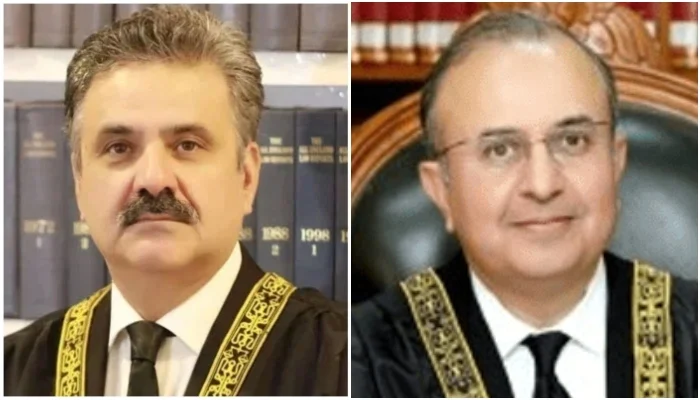Chief Justice of Pakistan (CJP) Yahya Afridi has once again denied a no-objection certificate (NOC) to Supreme Court judge Justice Mansoor Ali Shah, preventing him from attending an international conference abroad. The event in question is the “Global Constitutionalism 2025” conference, scheduled for September 10-13 at Yale Law School in the United States. Justice Shah, who has been invited to the annual conference for the past five years, was slated to present a research paper on the critical topic of artificial intelligence and the judiciary.
The refusal was formally communicated by the Supreme Court Registrar’s office in response to a written request from Yale Law School, which had asked the CJP to officially nominate Justice Shah. The office declined the invitation, highlighting a scheduling conflict with the start of the new Supreme Court judicial year on September 8. The office emphasized that the traditional full-court session and other key institutional events that mark the beginning of the year are essential for collective planning and require the presence of all judges.
This is the second time in recent months that Justice Shah’s request for international travel has been denied. Earlier this year, in February, a similar request to attend arbitration events in Saudi Arabia was also refused by the office of the CJP, which forced Justice Shah to cancel his planned trip. Following the latest denial, Justice Shah made a further appeal in a letter dated August 15, citing several reasons why the NOC should be granted, but this appeal was also unsuccessful.
The repeated decisions have brought attention to the protocols governing the international engagement of senior judges. The Registrar’s office maintains that domestic institutional commitments, particularly those at the start of the judicial year, take precedence. The conference, which attracts senior judges and renowned academics from globally leading institutions, is seen as a significant platform for knowledge exchange, raising questions about the balance between domestic duties and international judicial dialogue.














